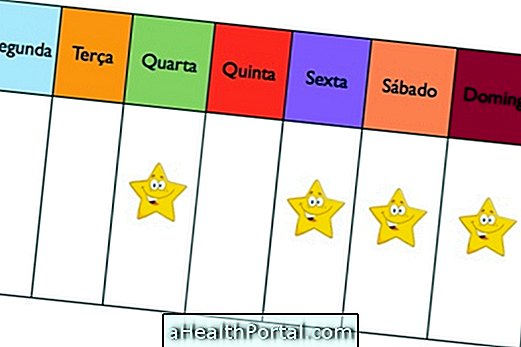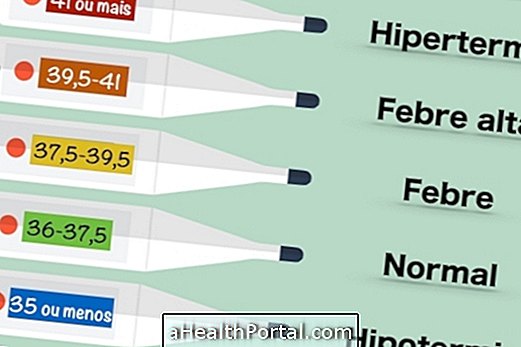Selective attention is a brain's ability to select important information and ignore irrelevant information. The information selected will appear sharper and more intense, and are chosen according to the interest and meaning of the subject most of the time unconsciously.
The stimuli sent to the brain may be visual, olfactory, audible, gustatory, or tactile, but at one point the brain is unable to assimilate all of them, and it selectively targets selective attention as a strategy for filtering information.
People usually receive the stimuli according to the current need. For example, if someone is thinking about buying a car, they will pay more attention to the cars on the streets, the announcements and conversations about the subject.
Selective attention has a great influence on learning because it helps individuals to keep the focus of attention in the class or in the book, avoiding distractions and providing a good and growing performance.























